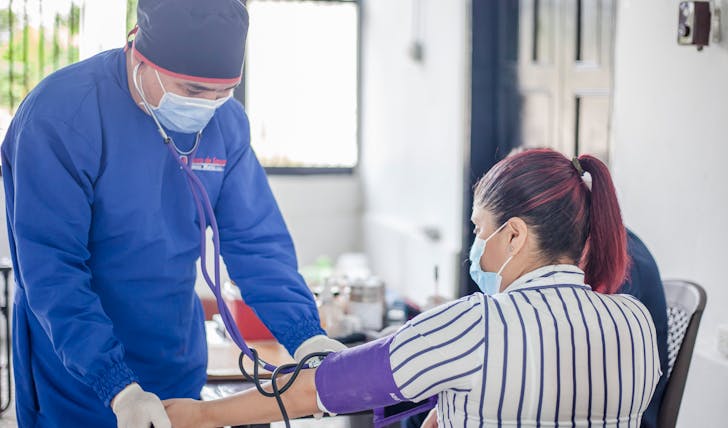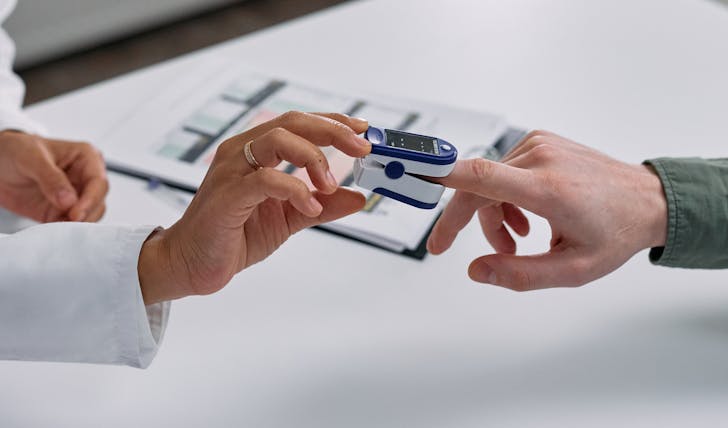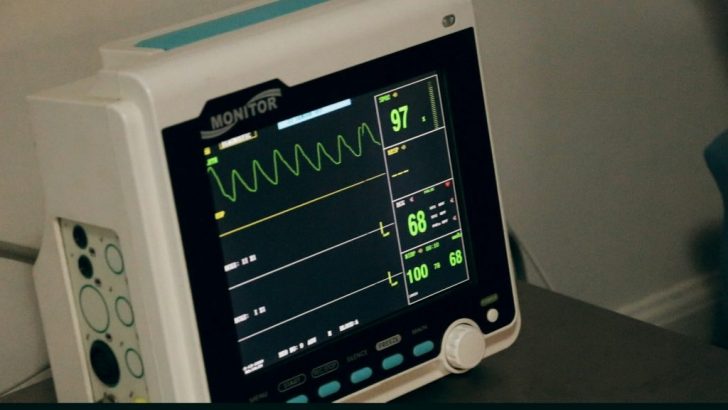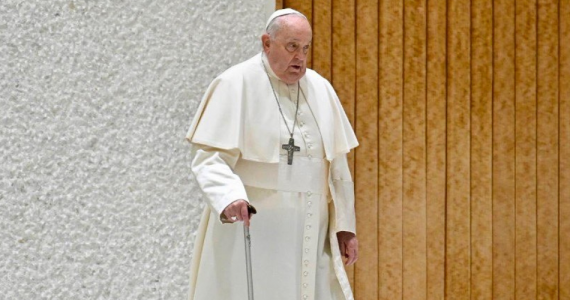When to go to hospital for fast heart rate? This question can be more critical than you might think. A rapid heart rate, also known as tachycardia in medical terms, is not uncommon. It can occur due to various reasons like stress, anxiety, exercise, or even too much caffeine. However, there are specific situations where a fast heart rate could signal something more serious, requiring immediate medical attention.

Chest pain can feel like heavy pressure, squeezing, or even a sharp stabbing that does not go away. This could indicate that your heart is struggling to keep up and might be a sign of a heart attack or other severe cardiac conditions. It is crucial not to take chest pain lightly, as it is often better to be safe and get it checked by medical professionals.
Severe Shortness of Breath
If you notice that you are experiencing significant shortness of breath alongside a rapid heartbeat, especially if you have not been doing vigorous physical activity, it is a strong signal that you should seek medical help. Shortness of breath can suggest that your heart is not able to pump efficiently or that a lung problem is also present.

This symptom can quickly escalate into more severe complications if not addressed promptly.
Unexplained Dizziness or Lightheadedness
Feeling dizzy or lightheaded can often accompany a fast heart rate, particularly if the heart is not pumping blood effectively. When to go to the hospital for a fast heart rate? If you find yourself frequently dizzy or even fainting, it is time to consider it seriously.
These symptoms can indicate arrhythmias, which are irregular heart rhythms that might require immediate treatment to prevent more severe health issues such as a stroke.
Sudden Fatigue or Weakness
An abrupt onset of fatigue or weakness that coincides with a fast heart rate should not be ignored. This may be a sign that the heart is overwhelmed and struggling to meet the body’s demands.
If your body suddenly feels heavy and weak, and you have not done anything particularly exhausting, it is wise to listen to what your body is trying to say and consider seeking emergency care.
Palpitations Accompanied by Pain or Discomfort
Heart palpitations, which feel like your heart is racing or fluttering, can be harmless. However, when these palpitations are accompanied by any form of pain or discomfort in the body, it is another sign of abnormal heart rate.

The discomfort could be anywhere from the chest to the arms or even the jaw. These symptoms combined can be indicative of serious cardiac issues.
When to Act & What to Expect?
Recognizing these signs is crucial, but knowing what to do next is equally important. If you experience any of these symptoms, it is advisable to call emergency services or head to the hospital immediately. Describe all your symptoms accurately to the healthcare professionals so they can assess the situation promptly.
Upon arrival at the hospital, expect to undergo various tests such as an EKG, blood tests, and possibly a chest X-ray. These diagnostics are vital in determining the cause of your fast heart rate and the best course of action for treatment.




